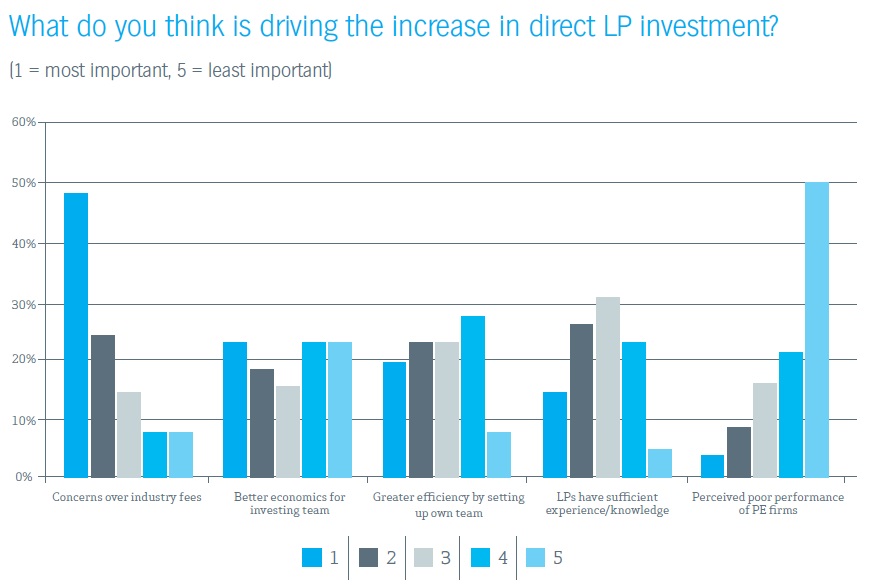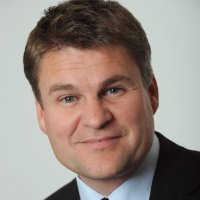Private equity firms are getting worried.
In recent years, major pension funds and sovereign wealth funds have been bypassing them altogether to take direct stakes, transforming from clients to competitors. Private equity managers see this as a trend that is unlikely to slow down, according to a survey by MVision Private Equity Advisers and the London Business School.
“Right now these are like small waves which can turn into a tsunami in the long term.”One-third of the 62 general partners (GPs) surveyed said they had come up against limited partners (LPs) such as large pension funds in auction processes. Nearly half (47%) expect to see more of them in the future.
“Right now these are like small waves which can turn into a tsunami in the long term,” one anonymous GP told the survey.
Pension funds in Canada have led the way in taking direct stakes in companies, beating competition from traditional players. The Canada Pension Plan Investment Board outbid Apollo and KKR to buy General Electric’s private equity lending business last year, while a consortium of the Alberta Investment Management Company, Ontario Teachers Pension Plan, Ontario Municipal Employees Retirement System, and the Kuwait Investment Authority bought London’s City Airport earlier this year.
Meanwhile, the Railways Pension Scheme and the Universities Superannuation Scheme in the UK and the California Public Employees’ Retirement System are all building up internal expertise in private assets.
This increased competition has pushed up valuations, according to 40% of GPs surveyed, while more than 20% were concerned that they would struggle to meet their fundraising targets in future.
“It is vital that GPs understand what is driving the trend of direct LP investment,” MVision’s report said.
The answer is simple, according to the survey: Fees.
Just 4% of GPs thought improved performance was the driver of direct investments, while almost half said the ongoing debate over fees was the cause.
“While investors’ pursuit of reduced fees is not a new phenomenon, it is only recently that the numbers of those venturing out on their own has increased enough to make a significant impact on the investment community,” MVision said. “Looking to the future, GPs will need to examine the way that their fees are communicated and justified to investors, and work harder to demonstrate the value that their expertise brings and the returns they can achieve.”
Those clients that GPs can retain are more likely to negotiate co-investment deals, the survey found, especially as deal sizes rise. More than 80% said larger tickets were a main reason for offering co-investment terms, while 60% said it was demand-driven. Just 16% said they offered the option to access LPs’ skills and expertise.
“We experience a high level of demand for co-investment,” said one respondent. “It’s the easiest meeting to get, teams will listen fast, intermediaries and end LPs are all staffed and more importantly focused on doing this.”
 Source: MVision, London Business School
Source: MVision, London Business School
Read MVision’s report, “The New Paradigm.”
Related:When Private Equity GPs Play Favorites & Private Equity: Co-investing vs. Commingled

